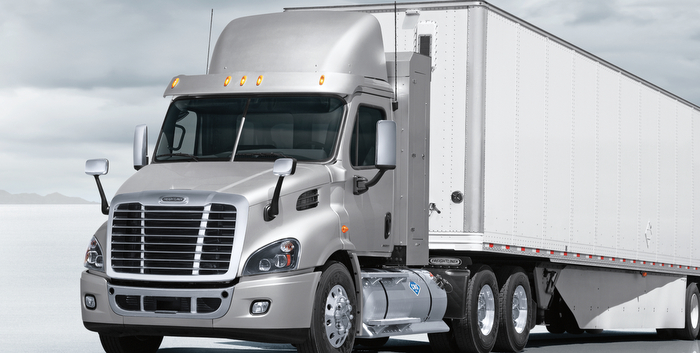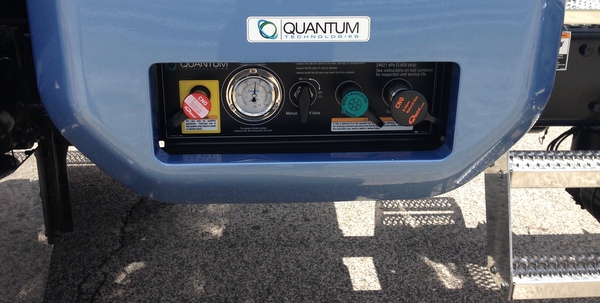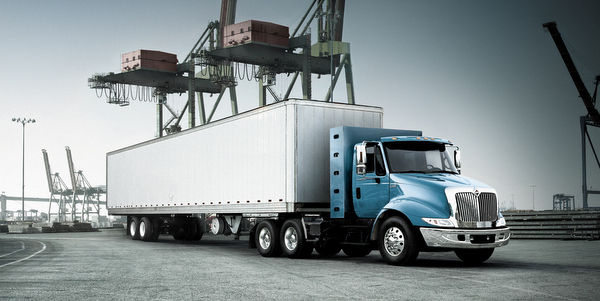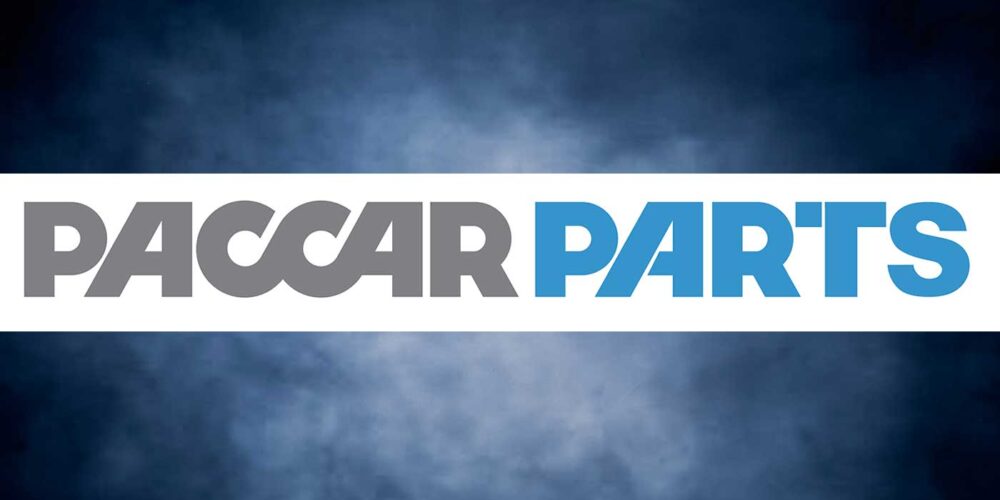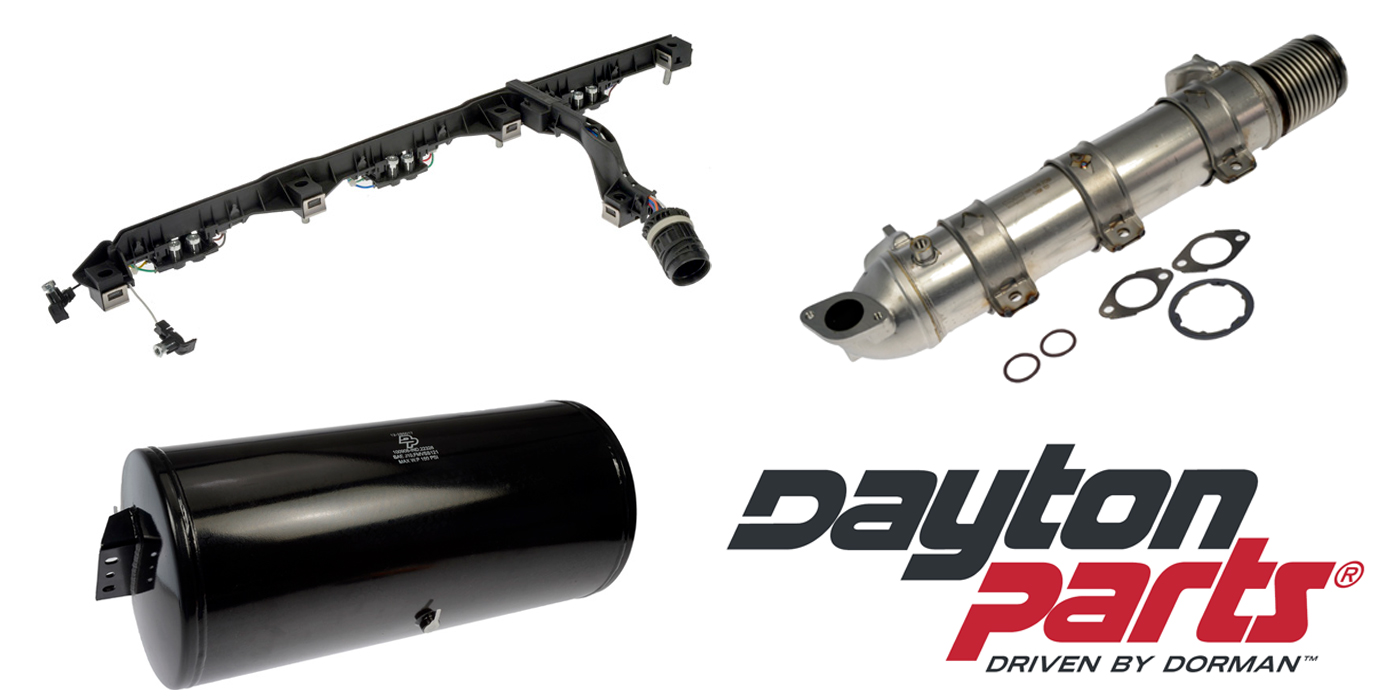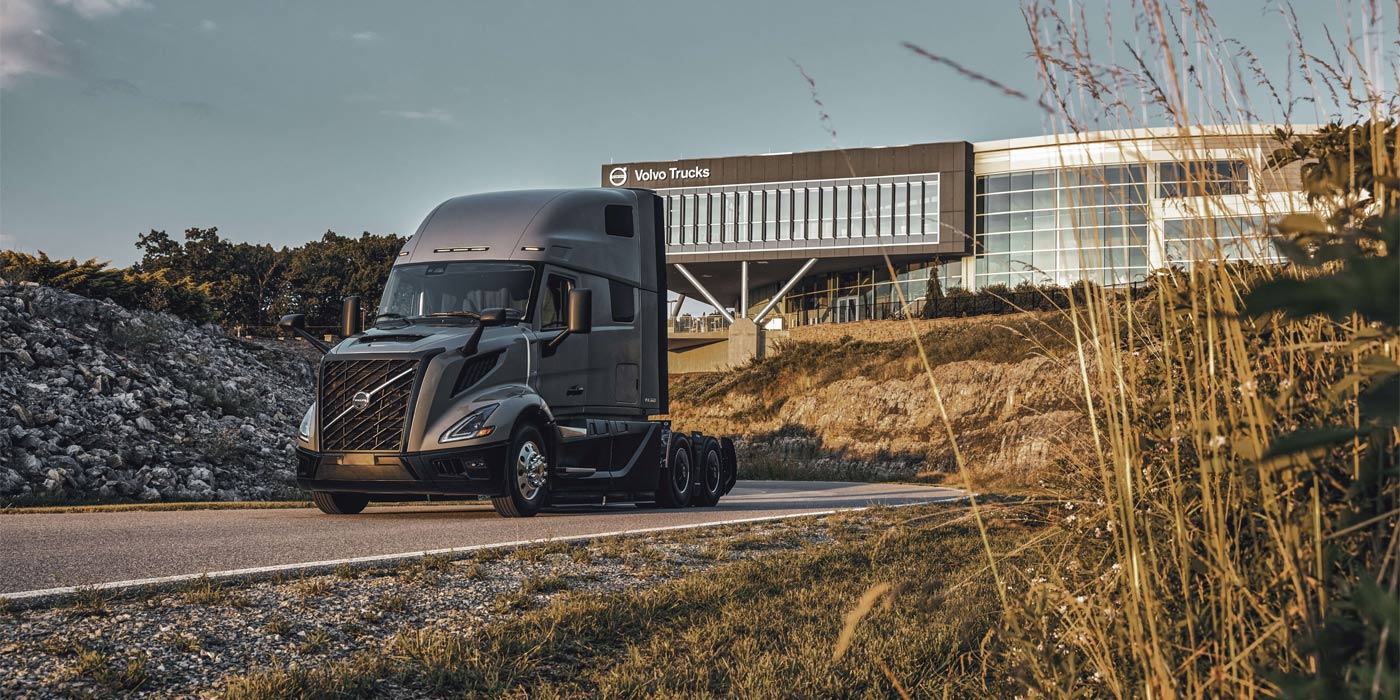For fleet managers, putting an alternative fuel truck—specifically natural gas—to work depends on two major factors: Infrastructure and application.
According to the U.S. Department of Energy Alternative Fuels Data Center, there are currently 713 public and 666 private CNG fueling stations and 54 public and 41 private LNG fueling stations in the U.S. The Department of Energy, which recently began collecting information about commercial vehicle accessibility at CNG fueling stations, estimates that more than 400 of the 713 public CNG stations are large enough to accommodate Class 6, 7 and 8 trucks. Meanwhile, the total number of public and private LNG and CNG fueling stations has nearly doubled from about 750 in 2007 to a little over 1,400 seven years later.
“The CNG infrastructure has been growing at a reasonable rate but not fast enough to reduce the range anxiety experienced by some operators,” says Frank Bio, director of sales development—specialty vehicles and alternative fuels for Volvo Trucks in North America. “Range anxiety has inhibited growth among the early majority. Most customers using or considering natural gas understand their operation well and apply natural gas trucks where fuel is available or they are able to invest in growing the infrastructure privately or as an anchor tenant.”
As fleet owners evaluate their vehicle applications to determine if natural gas is the right avenue for them, they should consider fueling needs, as well as needed facility modifications to support the maintenance of natural gas equipment.
“While the availability of natural gas is a benefit of this alternative fuel, natural gas technology is currently more expensive when compared to diesel technology,” says Elissa Maurer, Navistar’s manager of external communications. “This is especially true for long-haul applications, where the price of LNG fuel tanks and ancillary equipment is significant. As industry volumes increase and more suppliers enter the market, we can expect natural gas equipment to offer a better payback. We also need more natural gas fueling infrastructure. Efforts are underway to increase the number of fueling stations, but this infrastructure needs to continue to grow to help drive demand.”
Greg Treinen, segment manager, natural gas for Freightliner Trucks, points to the limited fueling station infrastructure as a major reason why long haul over-the-road trucking has yet to truly adopt natural gas technology. “It is still a great solution for regional haul, however,” he says. “Some fleets are building their own fueling stations to accommodate their vehicles and choosing routes that feature truck-friendly CNG stations.”
In terms of application, natural gas has found a home in both on-highway and vocational roles. Roy Horton, Mack Trucks director of segmentation management, outlines the following applications and associated fuel types:
- Refuse: CNG. This segment mainly relies on home-based filling stations and is not dependent on a general infrastructure. Also, the range requirements are less.
- Construction: CNG. These applications have fixed routes where natural gas infrastructure is secured and the range requirements are less.
- Local distribution: CNG. These applications have fixed routes where natural gas infrastructure is secured and the range requirements are less.
- Regional haul: CNG/LNG. These applications are expected to be enabled by increased natural gas infrastructure, as well as by achievable range requirements within the given truck configurations for both CNG and LNG. At this time, Horton expects CNG to be used for regional haul applications with low truck utilization rates, mainly because there will be no loss of fuel due to venting. LNG will be used for trucks with high utilization rates since this usage will prevent venting loss.
- Long haul: LNG. Long-distance applications in “corridors” with secured infrastructure and higher range requirements.
In terms of installing your own fueling station, Charles Cook, Peterbilt marketing manager, recommends talking to those who have already put natural gas vehicles to work. “The most important thing is to talk to others who have made the commitment and to experts who have helped similar businesses install fueling stations. It’s a long-term investment and a fairly substantial one,” he says. “They need to be committed to operating natural gas vehicles and make sure it works with their long-range business strategies. Like any major investment or expansion, they need to make sure it makes good business sense and shows a high promise for ROI.”
In the end, the right service provider is key in deciding whether to adopt alternative fuel trucks. Fleet managers should have confidence in the ability of the truck manufacturer’s local dealer to help them choose the right truck model with the right specifications for their operation, recommends Andy Douglas, Kenworth Truck Co.’s national sales manager for specialty markets. And the dealer should have the shop equipment and facilities to maintain the truck.

